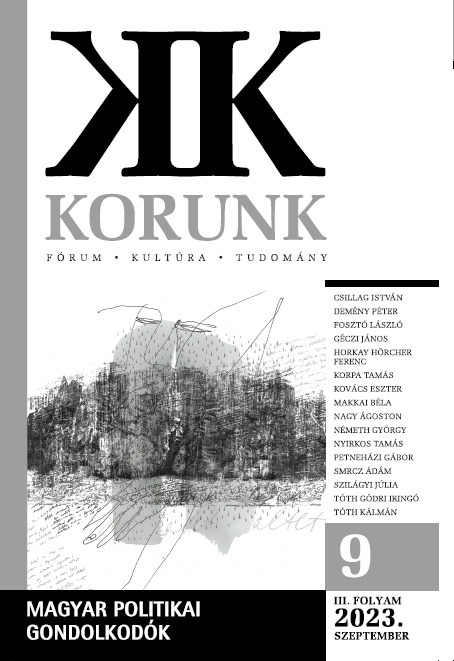Concha Győző a politikai szabadságról
Győző Concha on Political Liberty
Author(s): Eszter KovácsSubject(s): Political history
Published by: Korunk Baráti Társaság
Keywords: Győző Concha; political liberty; Montesquieu; Rousseau; Kant
Summary/Abstract: The present article examines Győző Concha’s (1846-1933) concept of political liberty and its contribution to the definition of the political in Hungarian political thought around 1895. The article focuses on a long essay by Concha published in the periodical Budapesti Szemle in 1894, entitled Az emberi eszme mint szabadság (The idea of the human as liberty). Concha reused this text in 1895 in the first volume of his two-volume work entitled Politika as the chapter on political liberty. According to Concha, individual freedom and collective freedom (or freedom of the community) have been in opposition or even in conflict throughout history. It should not have been the case, however. Some philosophers advocated individual freedom at the expense of the interest of the political community. Other thinkers, in contrast, advocated the interest of the community or that of the state at the expense of individual freedom. For Concha, since the human and the political, the individual and the public co-exist and interfere, freedom for the individual and freedom for the community should be balanced. Montesquieu is one of the authors he appreciates the most on this question because Montesquieu recognised that liberty of the members of society must be limited for the sake of the others’ liberty. Concha completes, however, Montesquieu’s definition of freedom with a positive element, that of self-realization on and individual and collective level.
Journal: Korunk
- Issue Year: 2023
- Issue No: 09
- Page Range: 65-73
- Page Count: 9
- Language: Hungarian

